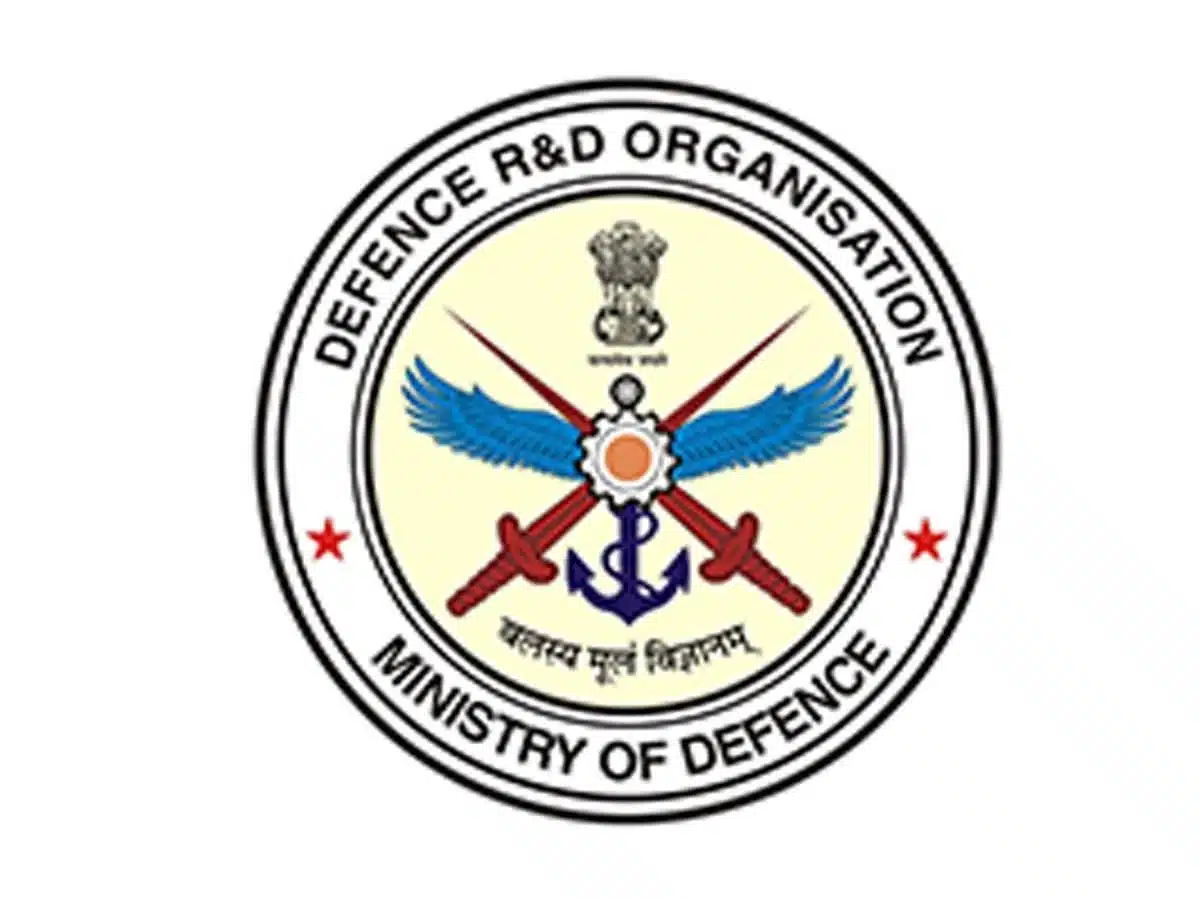DRDO Transfers Three Advanced Materials Technologies to Industry

DRDO’s Defence Metallurgical Research Laboratory (DMRL) in Hyderabad has made a significant stride in advancing indigenous materials technology by transferring three cutting-edge technologies to industry partners. On August 30, 2025, Dr. Samir V Kamat, Secretary of the Department of Defence R&D and Chairman of DRDO, officially handed over the Licensing Agreement for Transfer of Technology (LAToT) documents during a ceremony at DMRL. This initiative aims to bolster self-reliance in defence manufacturing and enhance the capabilities of key defence programs.
Advanced Technologies for Defence Manufacturing
The technologies transferred include the manufacturing of high-strength Radomes, DMR-1700 steel sheets and plates, and DMR 249A HSLA steel plates. BHEL, Jagdishpur, will utilize the Radomes technology, which is crucial for producing protective covers for missile sensors. This advancement is expected to support various defence programs and contribute to India’s self-reliance in missile systems. Meanwhile, JSPL, Angul, will manufacture DMR-1700 steel sheets and plates, known for their ultrahigh strength and high fracture toughness at room temperature, making them suitable for various defence applications. Lastly, BSP, Bhilai, SAIL, will receive DMR 249A HSLA steel plates, designed to meet stringent requirements for naval vessel construction, ensuring robustness and reliability.
Commitment to Industry Partnerships
During the event, Dr. Kamat praised the collaborative efforts that have driven the research and development processes leading to these successful technology transfers. He emphasized DMRL’s dedication to fostering partnerships between industry and research institutions, which is vital for advancing technological innovations. The transfer of these technologies not only showcases DMRL’s multidisciplinary expertise but also highlights its capacity to address critical industry needs effectively. By partnering with established industrial players, DMRL aims to ensure that these innovations are quickly scaled and deployed for both commercial and strategic applications.
Strengthening Collaborative Ecosystems
In addition to the technology transfers, a Memorandum of Understanding (MoU) was signed between DMRL and the Aircraft Accident Investigation Bureau of the Ministry of Civil Aviation. This agreement aims to leverage DMRL’s experience, facilities, and capabilities to support the bureau’s activities. The collaboration is expected to enhance the safety and efficiency of aviation operations in India. The event was attended by notable figures, including Dr. RV Hara Prasad, Director General of Naval Systems & Materials, Dr. Manu Korulla, Director General of Resource and Management, and Dr. R Balamuralikrishnan, Director of DMRL.
Impact on Strategic Applications
The transfer of these advanced materials technologies marks a pivotal moment for India’s defence sector. It underscores the importance of indigenous development in strategic applications, allowing the country to reduce dependency on foreign technologies. The diverse applications of the transferred technologies reflect DMRL’s commitment to innovation and its role in enhancing national security. As these technologies are integrated into the defence manufacturing ecosystem, they are expected to significantly contribute to the country’s defence capabilities and overall self-reliance in critical areas.
Observer Voice is the one stop site for National, International news, Sports, Editor’s Choice, Art/culture contents, Quotes and much more. We also cover historical contents. Historical contents includes World History, Indian History, and what happened today. The website also covers Entertainment across the India and World.
Follow Us on Twitter, Instagram, Facebook, & LinkedIn

